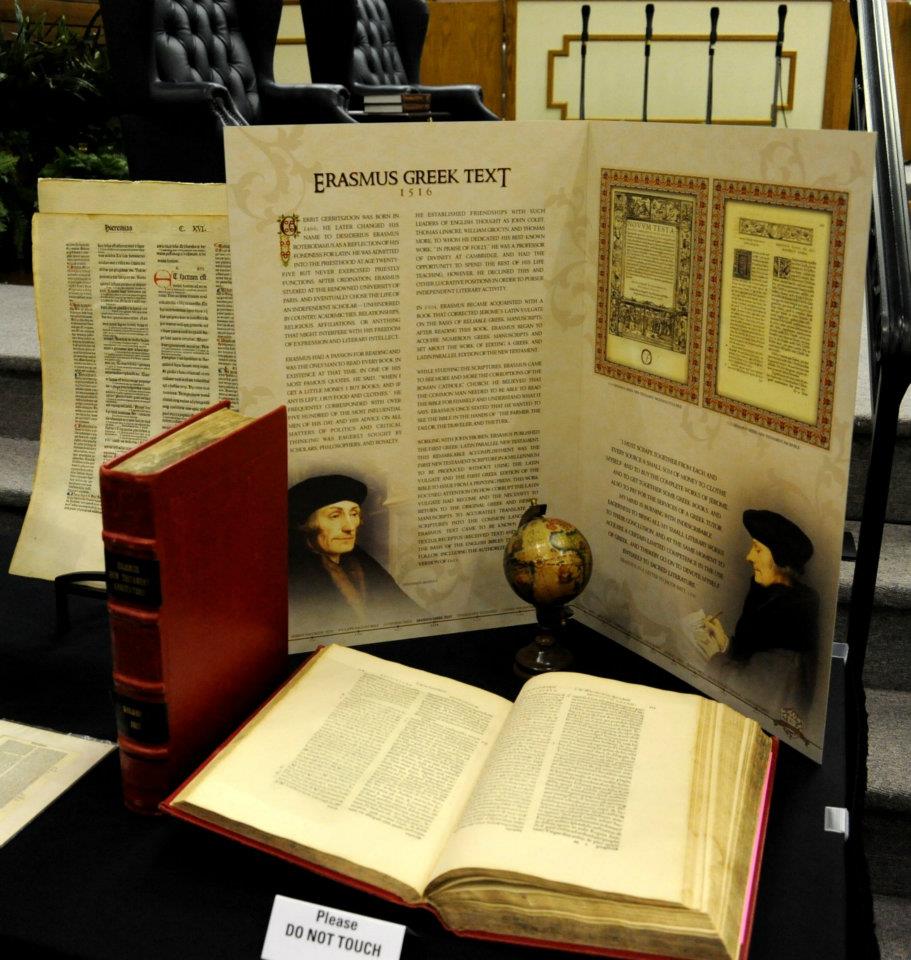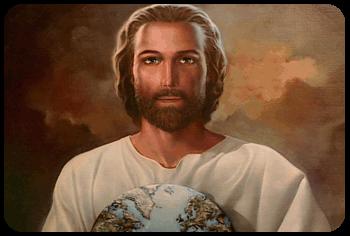|
**List: Czech Ministry
Holy Bible ( Bible, Biblí Svatá
)
Czech...
"Czech is spoken by about 9.5 million people in
Western
Czechoslovakia and by more than one million more abroad,
most of whom are in the United States. It was known as
Bohemian until the historic lands of the former kingdom of
Bohemia became an integral part of the new Republic of
Czechoslokaia in 1918. The name Bohemia is one of the few
remaining evidences of the Boli, the Celtic original inhabitants
of that area, who were ousted in the 5th century by the Slavic
ancestors of the Czech people. In the 9th century, during the
period of the Moravian Empire, [Traditionalism] was
introduced
among the Czechs by Saints Cyril and Methodius.
The Slavic
languages of the Czech and Slovak peoples are quite close
linguistically and are generally mutually intelligible.
Differences
are primarily phonetic, as can be noted by the variation of some
vowel and consonant markings employed for the two tongues.
Centuries of separation in the Austro-Hungarian Empire, to-
gether with the revival of the Slovak national spirit which gave
rise to the Slovak literary language in
the middle of the 19th
century, caused Czech and Slovak to be considered separate
tongues rather than dialects of a common Czechoslovakian
language. The Czech literary heritage emerges from the ‘Latin
Period’ in the 15th century. The language reforms of Jan
Hus
‘purified’ the language and established a simplified system of
orthography."--1000 Tongues, 1972 [Info only:
priests C&M were Eas. Orth. (860s) and later (867) also Rom. Cat. linked.]
"The first translation of the Bible into Czech
was the 9th-century
version of Saints Cyril and Methodius, who came from
Thessa-
lonica (in what is now Greece). They knew the Slavic language
as it was spoken in the Balkan Peninsula at that time, and used
this knowledge to translate the Bible into Slavic, which was
spoken by their new converts in the Moravian Empire. Later,
because of the prevailing influence in Bohemia of the
Roman
Church, traditionally opposed to Scriptures in the vernacular,
this significant and early version, which was translated into
spoken Slavic from Greek manuscripts, was
banned by the
Western Church and finally lost under constant persecution.
Similarly, during the Counter-Reformation, many of
the Husite
manuscripts and printed Scriptures, and most of the
Kralice
Bibles, were systematically destroyed. Only a remaining few
found shelter in some of the principal cities of Europe and of the
United States of America.
During the 14th century a number of Psalters were translated
into Czech." --1000 Tongues, 1972 [Info only]
|
"1533 New Testament Nàmĕsti
Translated from Erasmus’ critical
Latin edition by Petr Gzel of
Prague, and a Neo-Utraquist scholar named Optát Beneš of
Telc."--1000 Tongues, 1972 [Info only]
|
"1564 New Testament Moravian Press,
Ivancice
Translated from the original Greek by
Jan Blahoslav, a Moravian
Bishop. This translation, still unsurpassed in its poetic beauty,
served
as the basis for the N.T. of the Kralice Bible."--1000 Tongues,
1972 [Info only:
JB, "stood for Calvinism" per CC.]
|
"1579-1593 Bible Kralice
The Kralice Bible, translated by a committee of scholars of the Unity
of
the Brethren, at the instigation of Bishop Blahoslav. The group in-
cluded John Aeneas, George Vetter, Isaiah Cepolla, John Ephraim,
Paul Jessen, John Capito, Albert Nicholas, and Luke Helic.
Although
it was immediately popular, political circumstances during
the
Counter-Reformation resulted in its being proscribed and not re-
printed in Bohemia for 250 years."--1000 Tongues, 1972
[Info only: Moravians.]
|
"1596 Bible Kralice
A new translation, the second, of the 1579-1593 Bible, was issued in
one volume. Part of the prefatory matter, summaries, and
annotations
was omitted. The third edition in 1613 was the last
to be printed at
Kralice. Slightly revised from time to time, it remains the
standard
Czech Bible. The text was also used by
Slovaks until the
printing of
the Slovak [b]ible in 1832."--1000 Tongues, 1972
[Info only:
3rd KRALICE BIBLE "1613" Mark 1:2 correct (Prorocých =
Prophets).]
|
CZECH--1000 Tongues, 1972 [Info only: KRALICE VERSION "1860"
Mark 1:2 correct (prorocjch = prophets).]
CZECH or BOHEMIAN Kralicka version--1000 Tongues, 1939 [Info
only: Gothic characters "1870" John 2:23b-3:1, 14-18a unknown.]
"1887 Bible BFBS, Prague
An edition of the 1613 Bible in new orthography,
with a slight re-
vision of text and references, by J. A. W. Karefist and a group of
ministers."--1000 Tongues, 1972 [Info only: ?]
|
CZECH or BOHEMIAN Kralicka version--1000 Tongues, 1939 [Info
only: Roman characters "1912" John 2:23b-3:1, 14-18a unknown.]
CZECH--1000 Tongues, 1972 [Info only: KRALICE (REVISED ORTHOGRAPHY)
"1915" Mark 1:2 correct (prorocích = prophets).]
**File: Czech Bible History (3)--1860 S.
Bagster [Info only]
**File: Czech Critical Text History
"Novyzákonpána a spasitele naseho
Jezíse Krista. Podlé posledního vydání
kralického z roku 1613. (New-Yorská, Americká
biblická spolecnost, 1900)" [Info only: NT, ABS.]
https://catalog.hathitrust.org/Record/008602316
"Novy Zákon pána a spasitele naseho
Jezíse Krista. Podlé posledního vydání
kralického z roku 1613. (Praha, Britická i zahranicná
spolecnost biblická, 1903)" [Info only: NT, BFBS.]
https://catalog.hathitrust.org/Record/008602317
"Biblí Svatá, aneb Vsecka
Svat?`ísma Starého i Nového Zákona. Podle
posledního vydání kralického z roku 1613. (New-
Yorská, Americká biblická spolecnost, 1918)"
[Info only: Bible, ABS.]
https://catalog.hathitrust.org/Record/006605914
|

